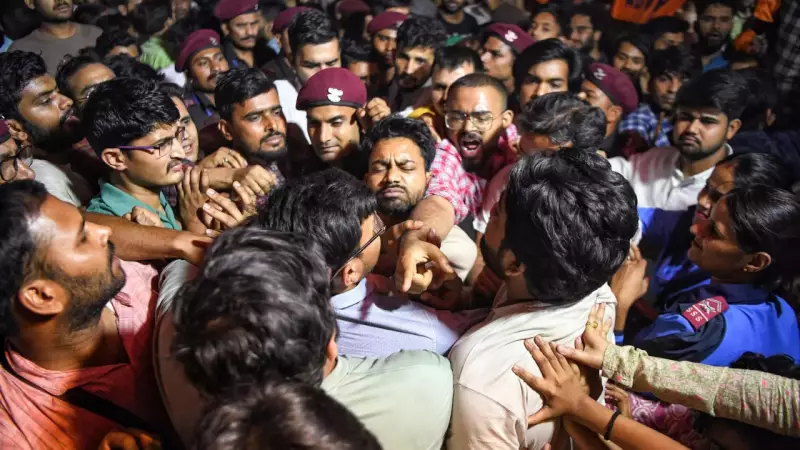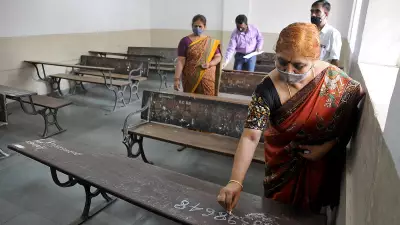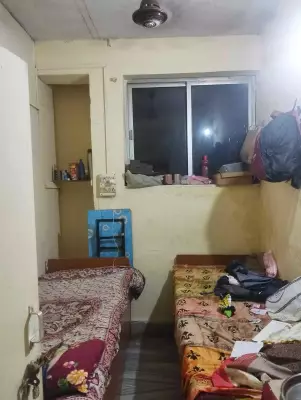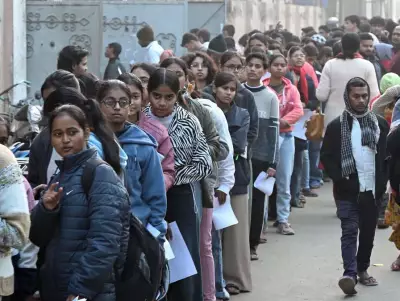
New Delhi witnessed dramatic scenes at the prestigious Jawaharlal Nehru University (JNU) campus on Wednesday as Delhi Police detained 28 students, including JNUSU President Aishe Ghosh, during heated protests that turned confrontational.
Campus Tensions Boil Over
The protest, initially organized to voice opposition against recent hostel fee hikes and other administrative decisions, escalated rapidly when students attempted to march toward the administrative block. What began as a peaceful demonstration soon transformed into a tense standoff between protesters and security personnel.
Confrontational Moments Captured
Eyewitness accounts describe pushing and shoving between police and students as authorities moved to prevent the crowd from reaching sensitive administrative areas. The situation intensified when protesters reportedly broke through barricades, prompting police to employ restraint measures and make selective detentions.
Who Was Detained?
Among the 28 students taken into custody was JNUSU President Aishe Ghosh, a prominent face in the ongoing student movement. The detainees were transported to a nearby police station for processing, though specific charges remain unclear at this early stage.
University Administration's Stance
University authorities have maintained that the protest violated campus regulations regarding demonstration protocols. In an official statement, the administration emphasized the need to maintain academic continuity and campus security, justifying the police intervention as necessary to prevent disruption of university functions.
Student Leadership Responds
Student representatives have condemned the police action, calling it "excessive and undemocratic." They argue that the right to peaceful protest is being systematically curtailed on campus and have vowed to continue their agitation until their demands are met.
Historical Context of JNU Protests
This incident marks the latest chapter in JNU's long history of student activism. The university has frequently been at the center of national debates surrounding freedom of expression, student rights, and campus democracy, making such developments particularly significant in the Indian educational landscape.
As the situation develops, all eyes remain on JNU to see how this latest confrontation between student activists and authorities will resolve, and what implications it might hold for campus politics nationwide.





